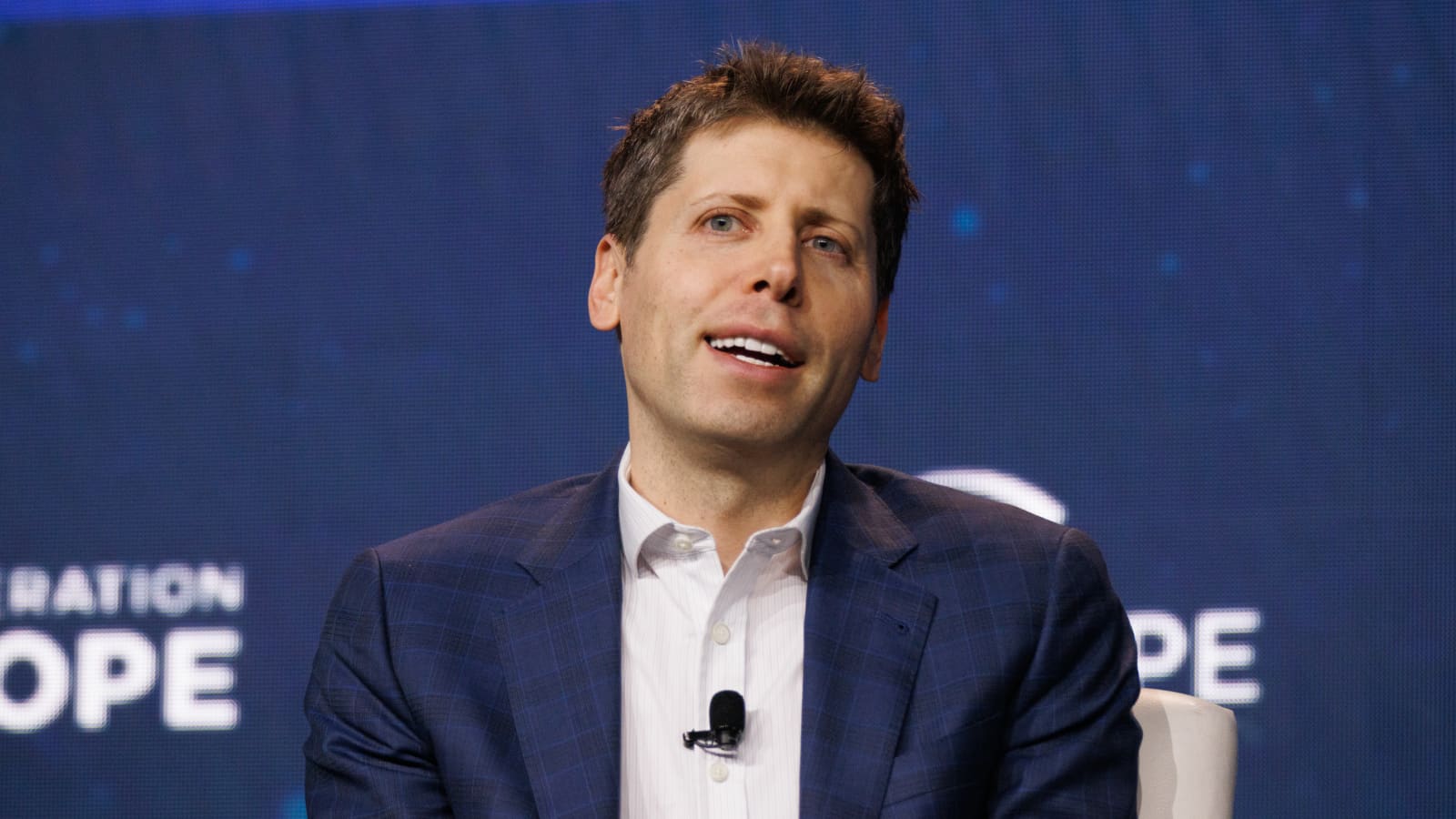OpenAI, a prominent player in the artificial intelligence (AI) landscape, has recently made a significant comeback after a period of leadership tumult. In a bid to stay ahead of rivals such as Anthropic, Google, and Meta, OpenAI has unveiled two noteworthy launches: the GPT Store and ChatGPT Team. These new offerings demonstrate OpenAI’s commitment to evolving its product portfolio and catering to the diverse needs of businesses and users. In this article, we will delve into the details of OpenAI’s latest developments, their potential impact, and the implications for the AI industry.

The GPT Store: OpenAI’s Answer to the App Store
OpenAI’s GPT Store is akin to the popular App Store, enabling users to list personalized chatbots, known as GPTs (Generative Pre-trained Transformers), that they have built for others to download. This revolutionary concept opens up new possibilities for individuals and businesses to leverage AI chatbot technology. According to OpenAI, the community has already built an impressive three million GPTs, and a range of them have been approved for download in the GPT Store.
The GPT Store features a community leaderboard that showcases popular downloads, allowing users to discover and explore the most sought-after GPTs. Additionally, the store offers convenient categorization, enabling users to search for GPTs based on specific themes such as writing, lifestyle, and education. OpenAI has also announced the upcoming launch of the GPT builder revenue program, which will compensate U.S. GPT builders based on their tool’s user engagement metrics.
ChatGPT Team: Empowering Businesses with AI Capabilities
In addition to the GPT Store, OpenAI has introduced ChatGPT Team, a new option specifically tailored for businesses. Designed for companies with fewer than 150 users, ChatGPT Team offers a range of features at an accessible price point. Priced at $25 per user per month (billed annually) or $30 per month per user (billed monthly), ChatGPT Team provides organizations with a shared workspace and the ability to create their own GPTs.
This new usage tier complements OpenAI’s existing offering, ChatGPT Enterprise, which was launched in August. While ChatGPT Enterprise caters to larger businesses and includes access to GPT-4 with no usage caps, ChatGPT Team provides a cost-effective solution for small to mid-sized companies. OpenAI acknowledges that pricing for Enterprise plans is not publicly announced, as it is tailored to each company’s unique use cases and size.
OpenAI’s Vigorous Evolution in the AI Arms Race
OpenAI’s recent moves, including the GPT Store and ChatGPT Team, reflect the company’s determination to maintain its position as a leading force in the AI industry. With competitors like Anthropic, Google, and Meta vying for dominance, OpenAI is committed to rapid innovation and evolving its offerings. The introduction of ChatGPT Enterprise, which boasts impressive adoption rates among Fortune 500 companies, is a testament to OpenAI’s success in catering to the needs of large organizations.
In terms of user numbers, ChatGPT has garnered substantial traction, with approximately 100 million weekly active users as of November. Such widespread adoption highlights the growing demand for AI-powered conversational agents. OpenAI’s ability to capture a significant market share demonstrates its prowess in delivering user-friendly and efficient AI solutions.
The Road to Recovery: OpenAI’s Leadership Fracas
OpenAI’s journey has not been without its challenges. In late 2023, OpenAI experienced a period of leadership turmoil, resulting in the temporary ousting of CEO Sam Altman. This tumultuous period saw Altman’s departure, followed by significant uproar from both investors and employees. Microsoft CEO Satya Nadella’s announcement that Altman and OpenAI president Greg Brockman would lead a new AI lab under Microsoft further intensified the situation. Employees expressed their support for Altman through open letters and social media comments, even threatening mass walkouts.
However, OpenAI managed to navigate through this storm, announcing the return of Altman and Brockman to their previous roles. The reconstituted board now includes distinguished individuals such as former Salesforce co-CEO Bret Taylor, former Treasury Secretary Larry Summers, and Quora CEO Adam D’Angelo. Microsoft also holds a nonvoting board observer position, solidifying its partnership with OpenAI.

OpenAI’s Tender Offer: A Test of Resilience
Despite the leadership fracas, OpenAI’s tender offer, led by Thrive Capital’s Josh Kushner, remains on track. The offer allows employees to sell shares in the company to external investors, potentially valuing OpenAI at around $86 billion. While Altman’s temporary departure initially jeopardized the tender offer, his return paved the way for its continuation.
OpenAI employees were given a deadline of January 5th to decide whether to participate in the tender offer. This opportunity not only provides a chance for employees to gain financial benefits but also reinforces OpenAI’s commitment to sharing its success with those who have contributed to its growth.
Conclusion
OpenAI’s recent product and service launches, including the GPT Store and ChatGPT Team, signify the company’s resilience and determination to lead the AI race. The GPT Store empowers users to share and discover personalized chatbots, while ChatGPT Team caters to the needs of smaller businesses. These developments, coupled with OpenAI’s successful reorganization following the leadership tumult, demonstrate the company’s ability to adapt and thrive in a competitive industry.
As OpenAI continues to evolve its offerings, the AI landscape can expect further groundbreaking innovations. OpenAI’s commitment to intelligence and intelligent agents positions the company as a key player in shaping the future of AI. With its dedicated team, strong leadership, and strategic partnerships, OpenAI is well-positioned to maintain its position at the forefront of AI innovation.
